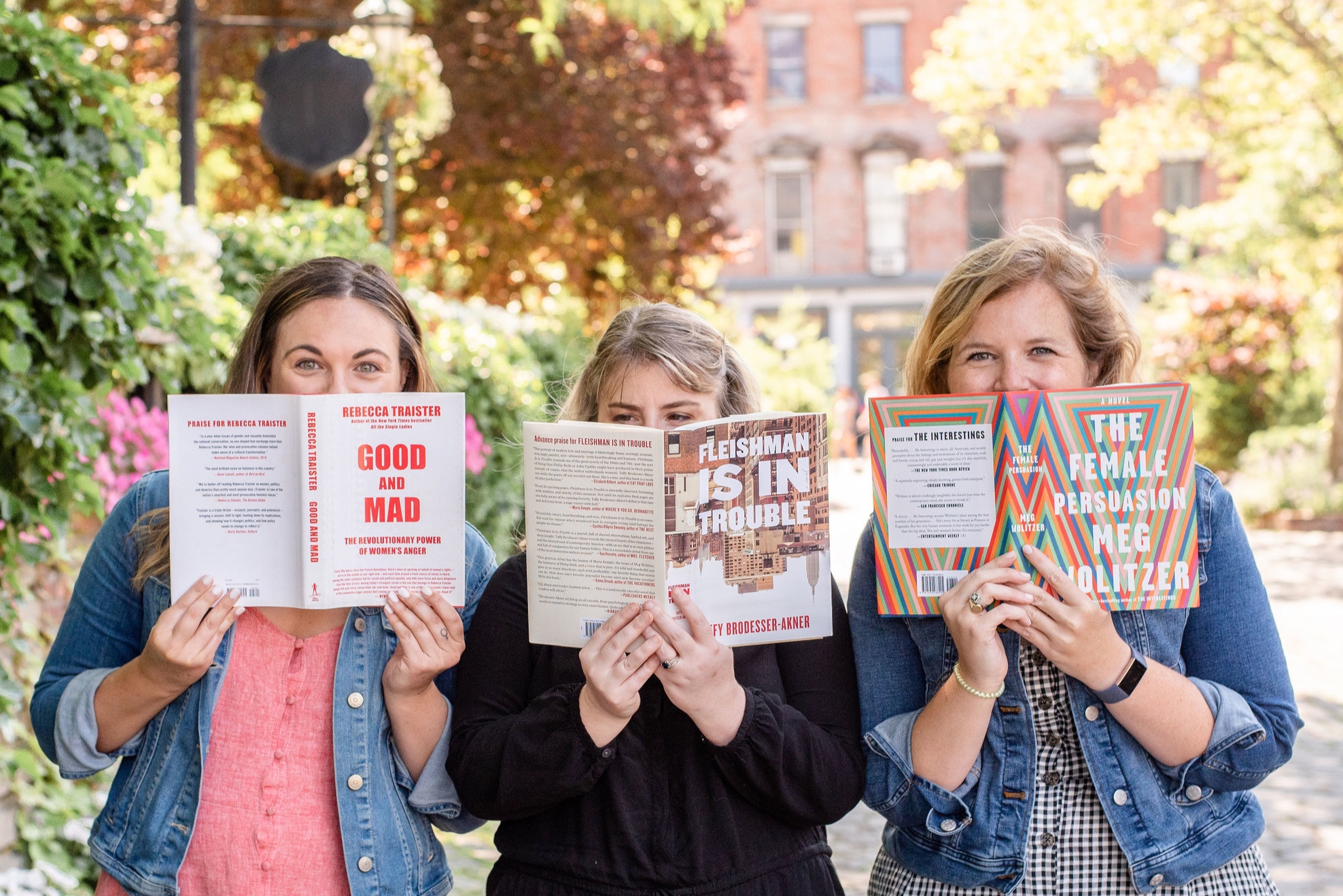Book Review: "Luster" by Raven Leilani
“Luster” by Raven Leilani
Bookshop | Kindle
Publisher Synopsis: No one wants what no one wants.
And how do we even know what we want? How do we know we're ready to take it?
Edie is stumbling her way through her twenties--sharing a subpar apartment in Bushwick, clocking in and out of her admin job, making a series of inappropriate sexual choices. She is also haltingly, fitfully giving heat and air to the art that simmers inside her. And then she meets Eric, a digital archivist with a family in New Jersey, including an autopsist wife who has agreed to an open marriage--with rules.
As if navigating the constantly shifting landscapes of contemporary sexual manners and racial politics weren't hard enough, Edie finds herself unemployed and invited into Eric's home--though not by Eric. She becomes a hesitant ally to his wife and a de facto role model to his adopted daughter. Edie may be the only Black woman young Akila knows.
Irresistibly unruly and strikingly beautiful, razor-sharp and slyly comic, sexually charged and utterly absorbing, Raven Leilani's Luster is a portrait of a young woman trying to make sense of her life--her hunger, her anger--in a tumultuous era. It is also a haunting, aching description of how hard it is to believe in your own talent, and the unexpected influences that bring us into ourselves along the way.
Rating (out of 5): 4.5
Review: I finished this book almost a week ago, and have been sitting with it, unsure of how to write the review. It is not an easy book to read, but it is a good one.
Raven Leilani’s prose is incredibly sophisticated. Narrated in the first person, present tense, and full of what we called “run-on sentences” in middle school, the prose keeps us deep inside our protagonist’s head in a very uncomfortable way. Edie is 23, Black, the self-described “office slut” at her publishing job, and the novel begins with the reveal that she is engaged in cybersex (is that a term we still use?) with a married man she met on a dating site. Eric is an open marriage, he tells her (“yeah right,” I thought to myself), white, and 23 years Edie’s senior.
Edie is lonely. She lives in Bushwick in a mouse- and bug-infested apartment. Her mother killed herself when she was in high school and her father also passed away. She is a painter, but the head of the art department (who she slept with) wouldn’t look at her work, and she feels, “I am good, but not good enough, which is worse than simply being bad.” She is also one of only two Black women at her office, and while she feels she should be friends with the other, they aren’t.
When she finds herself unemployed and working as a delivery person for a Postmates-type app, Edie winds up encountering Eric’s wife Rebecca—and not for the first time. This time, though, Rebecca invites Edie to move in with their family. Of course, Eric is out of town at the time and is in for a surprise when he returns.
Although the novel begins with Edie and Eric’s affair, and the power imbalances within it (he is older, so he has more power? but she knows where he lives and meets his wife, so she does?), the novel soon shifts to Edie’s fascination with Rebecca and the couple’s adopted tween daughter Akila, who is also Black. Rebecca’s motivations for inviting Edie into their home are not quite clear—did she want Edie to help her relate to Akila? did she want to annoy Eric? did she want to help Edie? all of the above?
Edie soon becomes a member of the household, and, able to relax in the New Jersey suburbs, she starts to paint again. She paints objects she finds around the house, she paints photos she takes of the family. And she becomes deeply intwined with Rebecca, who at first glance is a typical suburban white woman, but reveals more of herself to Edie as the novel progresses.
As I mentioned, the novel is often uncomfortable at times—and that’s because Edie is often uncomfortable. Her thoughts are jumbled but witty, sexually frank, keenly observant, biting at times, and vulnerable. Rarely is first-person prose so uncomfortable—but people’s thoughts are often uncomfortable, and Leilani holds nothing back. I was often surprised by this novel, and cringed a few times, but I think that was the author’s intent. There is a lot here, and it’s worth a read. I may even re-read it soon just to pick up on things I may have missed.
TL;DR: A darkly humorous and sometimes uncomfortable novel that takes us inside the world of keenly observant and floundering 23-year-old Edie, who ends up moving into her lover’s family’s house. An exploration of self-discovery and self-worth with beautiful, raw prose.
If you liked this, try:
“My Year of Rest and Relaxation” by Ottessa Moshfegh (Bookshop | Kindle)
“Supper Club” by Lara Williams (Bookshop | Kindle) (my review here)
“Writers & Lovers” by Lily King (Bookshop | Kindle) (my review here)
If you click on one of the links in this article and make a purchase, She’s Full of Lit may receive a small commission. It doesn’t add anything to your price — we promise! Thanks so much for your support.



